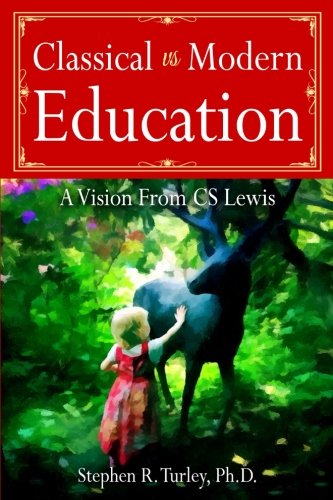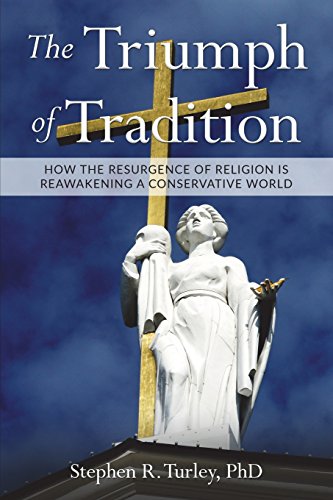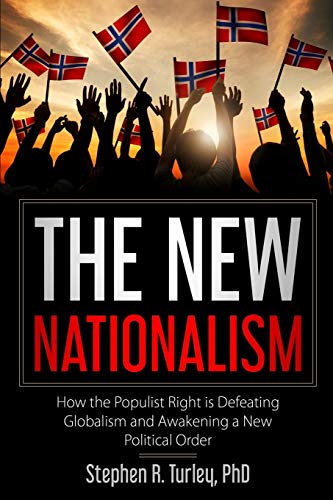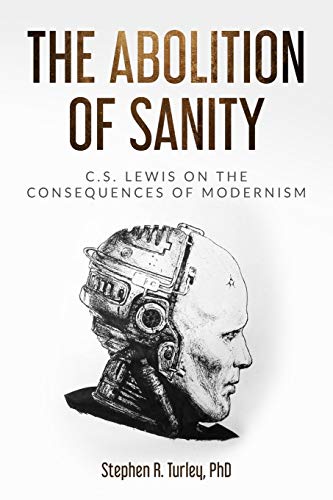Twenty twenty is likely to be a watershed year in the history of public schooling. And things aren’t looking good for the public schools.
For decades, we’ve been fed a near-daily diet of claims that public schooling is one of the most important—if not the most important—institutions in America. We’re also told that there’s not nearly enough of it, and this leads to demands for longer school hours, longer school years, and ever larger amounts of money spent on more facilities and more tech.
And then, all of sudden, with the panic over COVID-19, it was gone.
It turns out that public schooling wasn’t actually all that important after all, and that extending the lives of the over-seventy demographic takes precedence.
 Classical vs. Modern E...
Best Price: $13.27
Buy New $19.50
(as of 04:42 UTC - Details)
Classical vs. Modern E...
Best Price: $13.27
Buy New $19.50
(as of 04:42 UTC - Details)
Yes, the schools have tried to keep up the ruse that students are all diligently doing their school work at home, but by late April it was already apparent that the old model of “doing public school” via internet isn’t working. In some places, class participation has collapsed by 60 percent, as students simply aren’t showing up for the virtual lessons.
The political repercussions of all this will be sizable.
Changing Attitudes among the Middle Classes
Ironically, public schools have essentially ditched lower-income families almost completely even though school district bureaucrats have long based the political legitimacy of public schools on the idea that they are an essential resource for low-income students. So as long as the physical schools remain closed, this claim will become increasingly unconvincing. After all, “virtual” public schooling simply doesn’t work for these families, since lower-income households are more likely to depend on both parents’ incomes and parents may have less flexible job schedules. This means less time for parents to make sure little Sally logs on to her virtual classes. Many lower-income households don’t even have internet access or computing equipment beyond their smartphones. Only 56 percent of households with incomes under $30,000 have access to broadband internet.
Nonetheless, working-class and lower-income parents are likely to return their children to the schools when they open again. Many believe they have no other choice.
 The Triumph of Tradition
Best Price: $10.21
Buy New $14.95
(as of 04:42 UTC - Details)
Attitudes among the middle classes will be a little different, however, and may be more politically damaging to the future of the public schools.
The Triumph of Tradition
Best Price: $10.21
Buy New $14.95
(as of 04:42 UTC - Details)
Attitudes among the middle classes will be a little different, however, and may be more politically damaging to the future of the public schools.
Like their lower-income counterparts, middle class parents have long been happy to take advantage of the schools as a child-care service. But the non-educational amenities didn’t stop there. Middle-class parents especially have long embraced the idea that billions of dollars spent on school music programs, school sports, and other extracurriculars were all absolutely essential to student success. Sports provided an important social function for both the students and the larger community.
But as the list of amenities we once associated with schooling gets shorter and shorter, households at all income levels will start to wonder what exactly they’re paying for.
Stripped of the non-academic side of things, public schools now must sell themselves only as providers of academic skills. Many parents are likely to be left unimpressed, and this will be all the more true for middle class families where the parents are able to readily adopt homeschooling as a real substitute. The households that do have the infrastructure to do this are now far more likely to conclude that they simply don’t need the public schools much of the time. There are now so many resources provided for free outside the schools—such as Khan Academy, to just name one—that those who are already savvy with online informational resources will quickly understand that the schools aren’t essential.
In addition to this, many parents who were on autopilot in terms of assuming they were getting their money’s worth may suddenly be realizing that public schools—even when they were physically open—weren’t that much of a bargain after all. As Gary North recently observed,
 The New Nationalism: H...
Best Price: $15.28
Buy New $14.95
(as of 04:42 UTC - Details)
The New Nationalism: H...
Best Price: $15.28
Buy New $14.95
(as of 04:42 UTC - Details)
For the first time, parents can see exactly what is being taught to their children. They can see the quality of the teachers. They can learn about the content of the educational materials.
Many parents may not like what they see, and as many increasingly take on the job of providing in-person instruction, school teachers won’t look quite like like the highly trained heroes they have long claimed to be.
Budget Cuts
With the image of schools as indispensable social institutions quickly fading, the political advantage they have long enjoyed will rapidly disappear as well. It wasn’t long ago that schools could go back to the taxpayers again and again with with demands for more money, more resources, and higher salaries. Teacher unions endlessly lectured the taxpayers about how getting your child into a classroom with one of their teachers was of the utmost importance. Voters, regardless of political ideology or party, were often amendable to the idea.
That narrative is already greatly in danger, and the longer the COVID-19 panic ensures that schools remain closed, the more distant the memory of the old narrative will become. As school budgets contract, school districts from Las Vegas to Denver and across the nation are bracing for furloughs and layoffs.
 The Abolition of Sanit...
Best Price: $9.01
Buy New $7.95
(as of 04:42 UTC - Details)
The Abolition of Sanit...
Best Price: $9.01
Buy New $7.95
(as of 04:42 UTC - Details)
With smaller staff, fewer teachers, and smaller budgets, expect virtual public learning to become even more bare bones, and less rewarding and engaging for students.
What Will Things Look like This Fall?
Even if schools open this fall, the reforms currently being pushed will ensure that schools continue to lack many of the amenities many have come to expect. If these reforms are adopted, students can forget about social events. They can expect shorter school days, and an ongoing role for online schooling. Team sports will be gone. Old notions of universal mandatory attendance and long days will seem increasingly quaint and old fashioned—or possibly even dangerous.
For many parents, this will just reinforce their growing suspicions that public schools just aren’t worth it anymore. Maybe they never were.
Note: The views expressed on Mises.org are not necessarily those of the Mises Institute.





